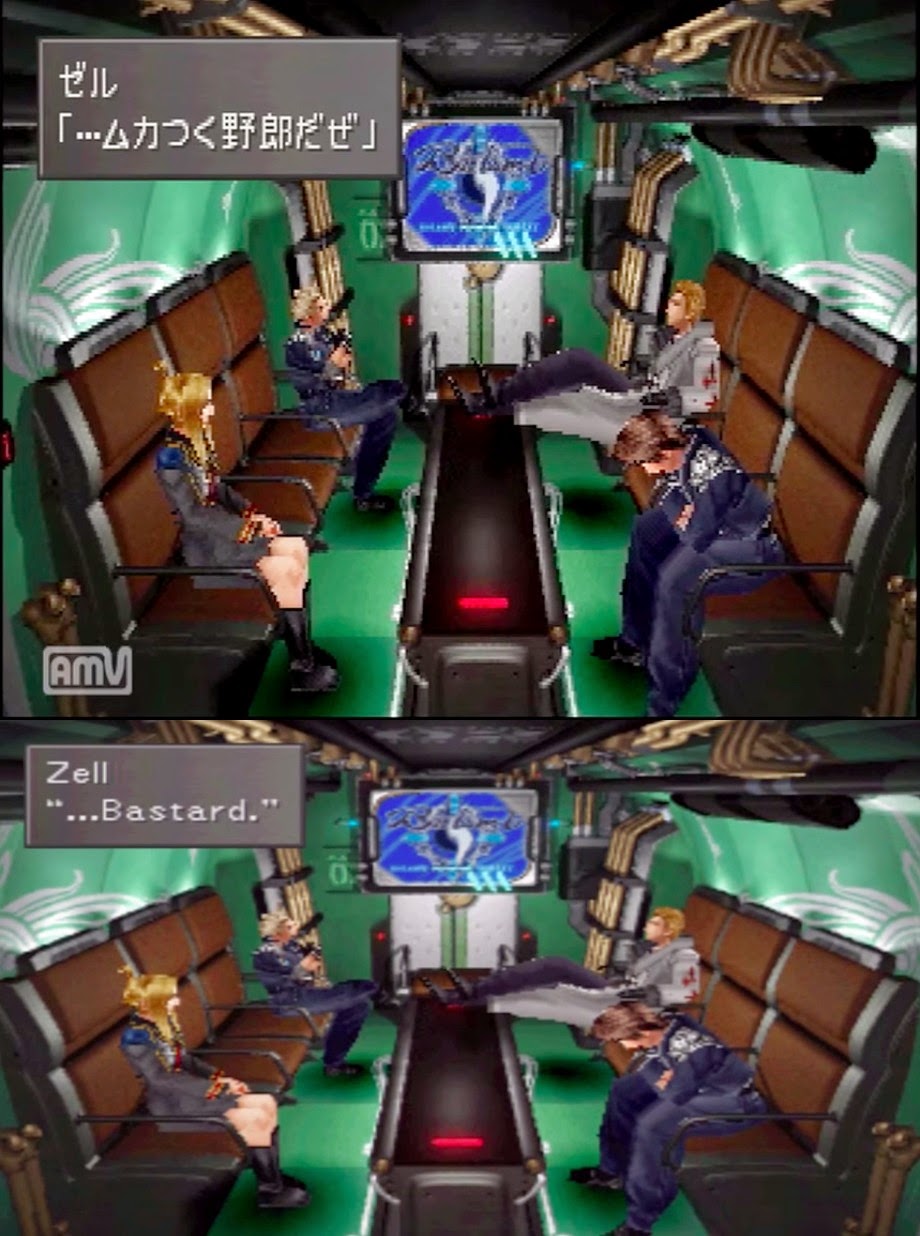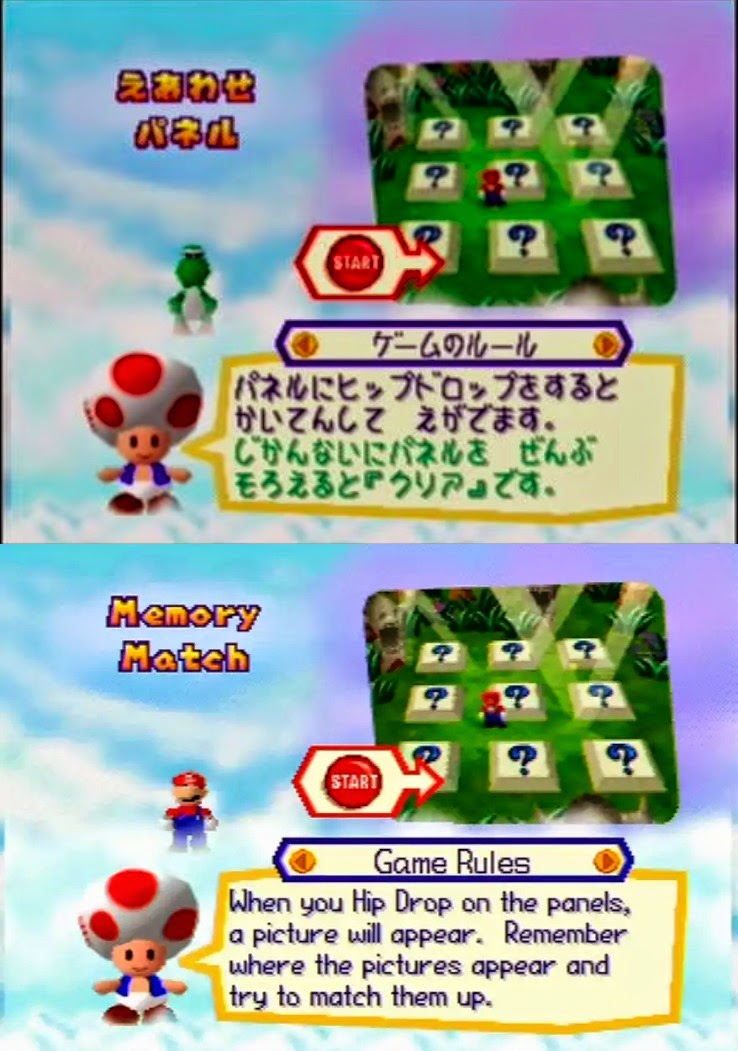However, the game's title was not the only part of it touched by localisation. The nicknames of the above-pictured enemy ghosts that chase Pac-Man were also localised (as opposed to being directly translated). In the Japanese version of the game, the red, pink, cyan, and orange ghosts are called Akabei, Pinky, Aosuke, Guzuta. If translated literally, these names would read as Reddy, Pinky, Bluey, and Tardy (although note that the unifying nature of the 'y' sound is just my personal addition and is absent from the Japanese). When the game came to the West, these ghosts were introduced as Blinky, Pinky, Inky, and Clyde. Pinky and Inky can be seen as transliterations of the colours (with the caveat of regarding Inky as a reference to blue ink). In contrast, Blinky and Cylde are entirely new creations. The choice of Blinky likely stemmed from a desire to match the ending 'y' sound of the other two ghosts. Plus, it links to how the bodies of the ghosts blink as the period when they are vulnerable to Pac-Man is running out. It is a perfectly good choice of name (certainly better than 'Reddy') but it does not compare to the master stroke of naming the fourth ghost Clyde. His Japanese nickname means 'tardy', and his AI programming matches this personality. All the other ghosts are programmed to complement each other by working as a team to track down Pac-Man. The red ghost gives direct chase, the pink ghost plots ambushes, and the blue ghost reacts to the red ghost's positioning to come at Pac-Man via an opposing route. However, Clyde's behavioural programming makes him appear to act on a whim, often not capitalising on prime chances to capture Pac-Man. In other words, his behaviour is completely detached from the combined work of the other ghosts. It was therefore wonderfully fitting to give him such a left-field name as Clyde that contrasts so sharply to the unified naming scheme of the other ghosts. Whoever thought up this name deserves a pat on the back!
The arcade machine era introduced videogames to the masses in North America, and the naming of Pac-Man and its ghosts represent some of the earliest examples of videogame localisation. Approximately five years later, Nintendo entered the North American home console market with the Nintendo Entertainment System, and with it brought about a slew of Japanese videogames that needed to be localised. Next time, I'll discuss the localisation challenges of this period, as well as the surprising story behind how and why a character originally known as Jumpman ended up with the name Mario.
























